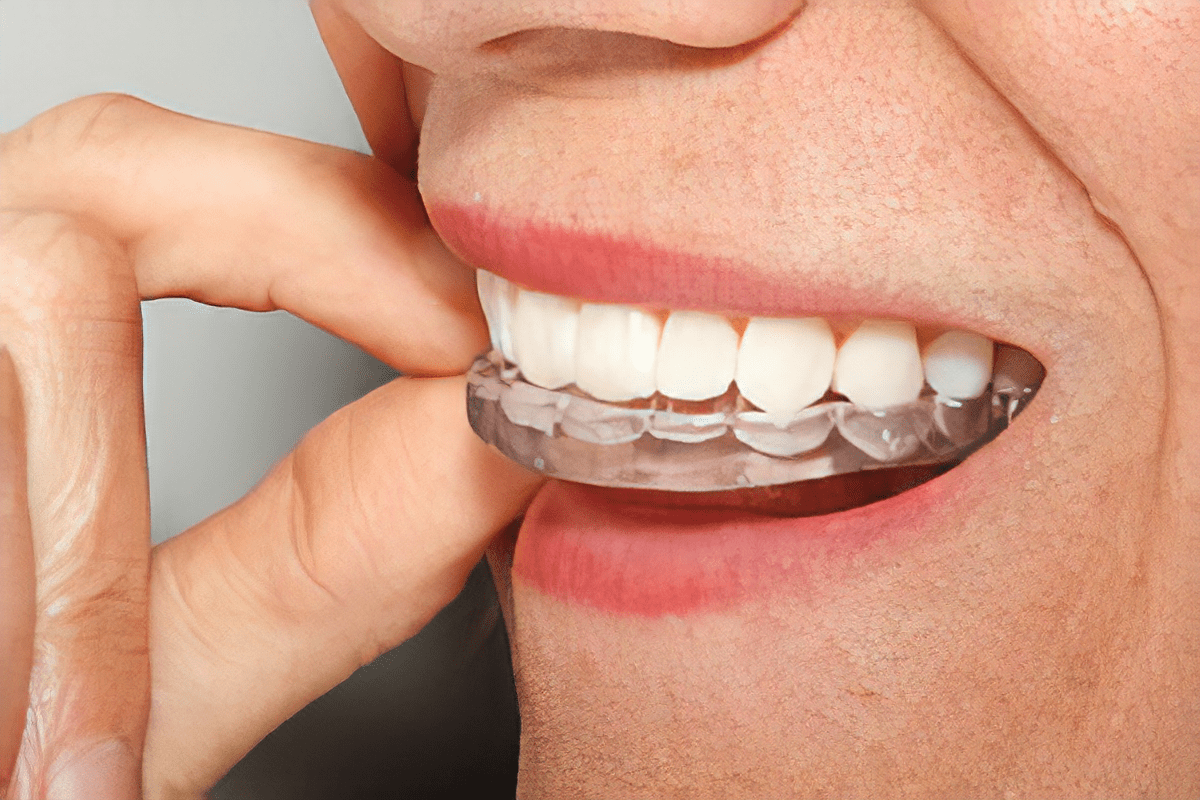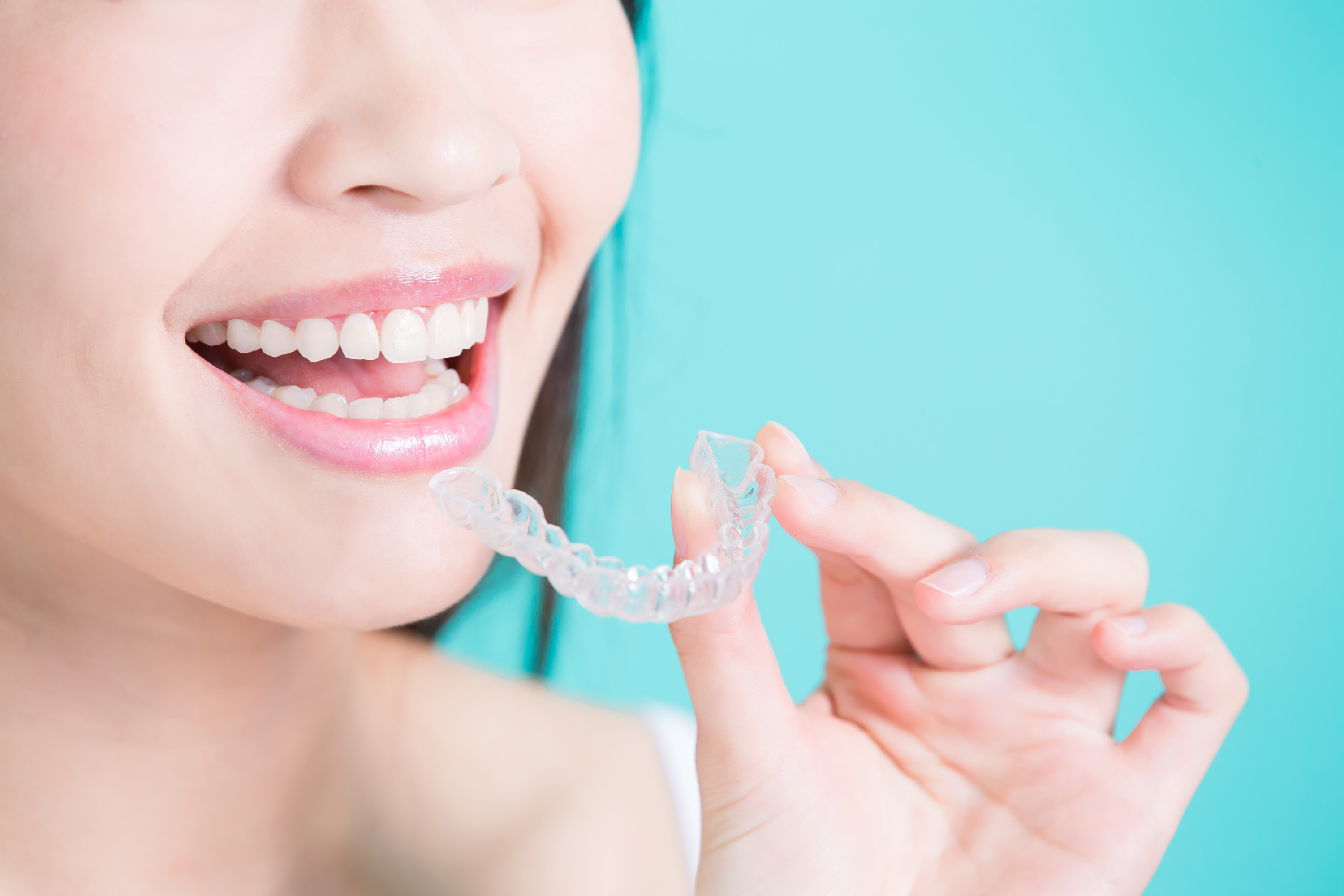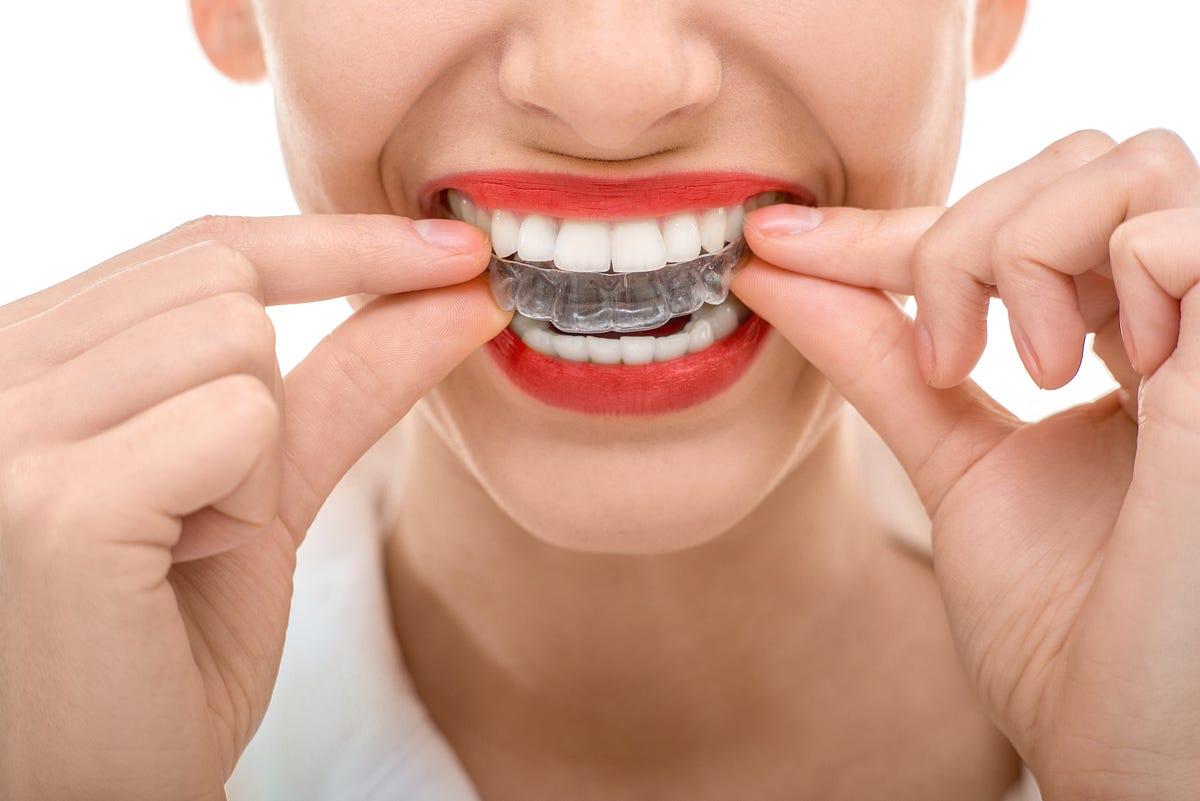You might have a disorder called bruxism if you've never before complained of having painful jaws or excruciating headaches but suddenly you just can't seem to stop having them. A disorder known as bruxism causes you to clench, grind, or gnash your teeth. If you clench or grind your teeth while you are awake, it is known as awake bruxism; individuals who do so while they are asleep are said to be experiencing sleep bruxism. Stress is one of the major reasons of bruxism. So, you can contact a professional dental night guard, and here are some reasons to wear it.
Keep Your Teeth Safe
Because teeth grinding occurs when you are not in control of yourself, the more it occurs, the more enamel is lost from your teeth. Oversensitivity is a result of enamel deterioration. Your mouth can thus find it difficult to tolerate hot or cold meals and beverages. Your teeth become more prone to decay if you don't have enamel to protect them. You run the risk of getting infections if the decay spreads into the teeth's tough enamel. Another consequence of teeth grinding is the fracture of a weak tooth and wear on any fillings. The additional pressure from clenching and grinding is not able to be sustained by the surface of the teeth, which can withstand the pressure from chewing and biting. The effect is that the tooth splits or fractures.

Seek Assistance From a Professional
It might be challenging to determine whether headaches, tooth sensitivity, or TMJ are brought on by teeth grinding and clenching during sleep until you see a doctor who can make the diagnosis of bruxism. In addition, a custom-made nightguard is advised by dentists, and this can only be obtained with the assistance of a professional in dental hygiene.
Keep Away You From Chronic Headaches
Since migraines are a symptom of TMJ dysfunction, chronic neck pain, and headaches are frequently the first signs of potential bruxism. Headaches are brought on by strained muscles in the neck, shoulders, mouth, and jaw. You can verify that the headaches are truly being brought on by teeth grinding and clenching before you jump to the conclusion that you have bruxism. One technique is to examine the surface of the teeth; if they have become flattened rather than sharp, you probably grind your teeth as you sleep. Another method is to check for bone and gum recession, which might result from clenching. Because you can stop tensing your muscles, a custom-made nightguard eliminates headaches.
Avoid Temporomandibular Joint Disorder
The jaw and skull are joined by the temporomandibular joint (TMJ), which has an impact on the chewing muscles. In your sleep, when you clench your teeth, you put pressure on your TMJ, which can lead to misalignment. Having a misaligned TMJ results in dysfunction. The condition results in migraines, ear pain, and even difficulties chewing. Additionally, you run the risk of irreparably harming the articular disk, which might result in disc displacement. This may cause your jaw to unexpectedly lock open or shut, necessitating a trip to the emergency room.

Helps To Save Money
A $20 universal nightguard is available, however, it is not advised because it will be unpleasant. For most bruxism patients, the about $800 cost of a dental nightguard that is developed just for them can seem out of reach. But you shouldn't be prevented from hiring a night guard because of the cost. The price of a nightguard is less expensive when compared to the price of restorative dentistry. Restorative dentistry will be your sole option once your teeth start to wear down and crack.
Final Words
In addition to many other dental procedures, Smile Again Dental Group provides general, restorative, orthodontic, and cosmetic dentistry. Whether you require a nightguard will be determined by our team, and any oral problems you may experience will be handled affordably. Call us right away to make an appointment for dental invisalign.
Read More: The Real Value Of Affordable Dental Implants In Los Angeles, California
